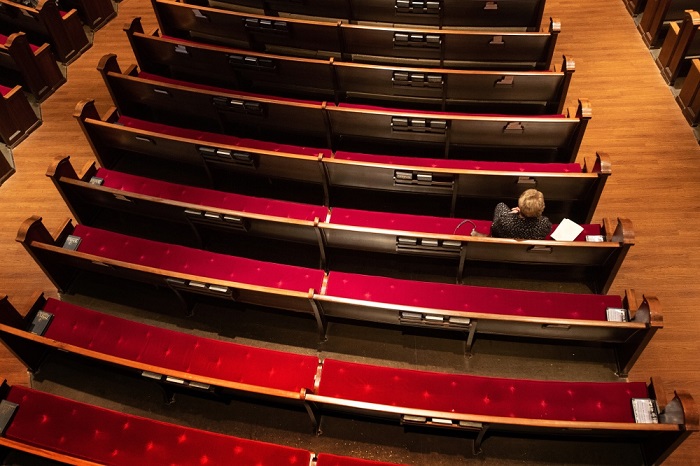Which is why I have discouraged United Methodists from holding in-person worship services during the month of May and why I am not afraid to advocate for continued online church for the foreseeable future. The Lord is moving in ways many of us have not experienced in our lifetime, and this movement will not stop because we are worshipping from home. In fact, I think it may increase its momentum.
I have drawn inspiration on how to respond to this crisis from Nehemiah. When he learned about the deplorable state of Jerusalem, this exiled prophet living in the Persian capital did not get to work right away. He stopped, sat down and wept. He cried and he mourned for the loss, and he did so openly.
This is a critical reminder for church leaders that compassion should always precede action. Yes, there is a lot to do during COVID-19 to make sure everyone is physically and spiritually well. But we can’t neglect people’s experiences of pain. There have been family deaths. People are isolated and lonely. Others are worried about money or are food insecure. These individuals need to know that not only do their leaders see their hurt but feel it.
Grieving is not only purposeful for showing compassion to our congregations; it also helps us to reorient our hearts to depend on God rather than ourselves. Therefore, mourning what we have lost amid COVID-19 is a critical step before reopening the doors of our churches.
After he mourned, Nehemiah prayed and fasted for days. He went to King Artaxerxes, the conquerer of Israel, to ask for permission to go to Jerusalem and rebuild its protective wall. When the king asked, “What do you want?” Nehemiah stopped and prayed spontaneously, even while talking to the king. The king granted Nehemiah’s request.
Read the article by Bishop Scott Jones in Sight Magazine.

